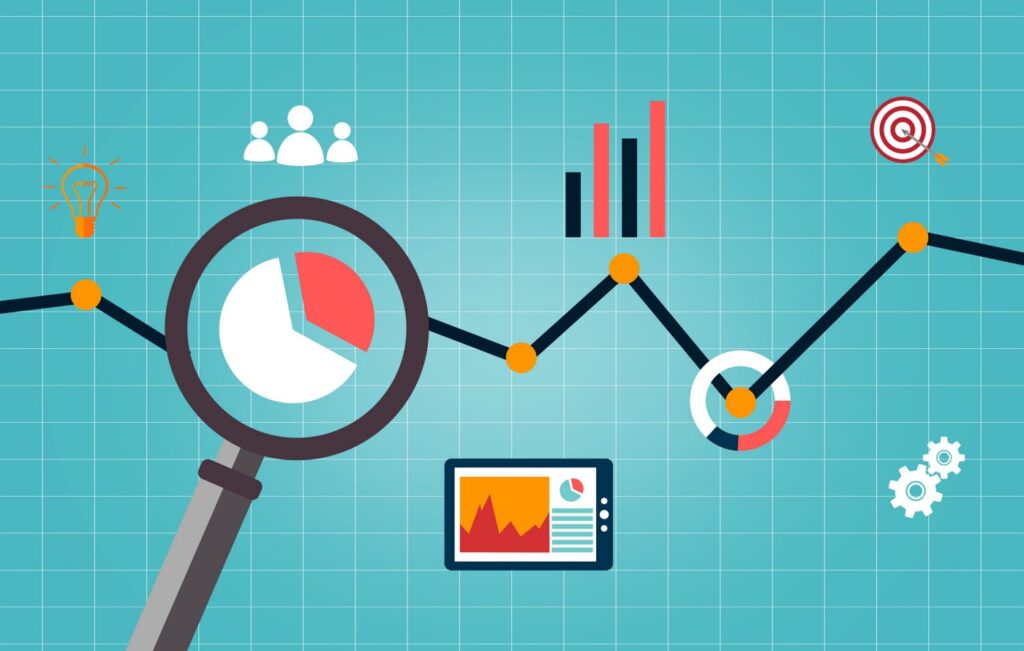
Frameworks are essential in our daily lives, whether we realize it or not. From organizing our thoughts to implementing plans, frameworks provide a roadmap for growth and development. In the world of business, frameworks are particularly valuable as they help streamline processes and ensure consistency in decision-making. They provide structure and clarity that can lead to better results and improved efficiency. In this article, we’ll explore the power of frameworks and why they are essential for growth and development.
Whether you’re an entrepreneur looking to scale your business or an individual seeking personal growth, frameworks can help you achieve your goals and reach your full potential. So, let’s dive in and discover how frameworks can transform the way you approach your work and life.
What Are Frameworks And Why Are They Important?

Frameworks are a set of rules, principles, or processes that provide a structure for decision-making, problem-solving, or planning like you have with games on parimatch.co.tz. They can be used in various contexts, from business strategy to personal development. The primary purpose of a framework is to provide a clear and concise approach to achieving a goal or objective.
Frameworks are important because they help us to organize our thoughts and ideas, making it easier to process information and take action. They provide structure and direction, which can help to minimize confusion and uncertainty. Frameworks can also help to ensure that we are making informed decisions based on relevant information, rather than simply relying on intuition or guesswork.
Another key benefit of frameworks is that they can help to improve communication and collaboration. When everyone is working from the same set of rules or principles, it becomes easier to understand each other’s perspectives and work together towards a common goal. This can be particularly valuable in business settings, where teamwork and collaboration are essential for success.
Different Types of Frameworks And When to Use Them

There are many different types of frameworks, each designed to address specific needs or challenges. Here are a few examples:
● SWOT Analysis
A SWOT analysis is a framework that is commonly used in business to assess the strengths, weaknesses, opportunities, and threats of a particular company or project. This framework can help to identify areas for improvement and develop strategies for growth and development.
● The 80/20 Rule
The 80/20 rule, also known as the Pareto Principle, is a framework that suggests that 80% of the effects come from 20% of the causes. This framework can be used to identify the most important tasks or activities that will have the greatest impact on achieving a particular goal or objective.
● SMART Goals
SMART goals are a framework that is commonly used in personal development to help individuals set specific, measurable, achievable, relevant, and time-bound goals. This framework can help to ensure that goals are realistic and achievable, and that progress can be tracked and measured over time.
How Frameworks Can Improve Decision-Making And Problem-Solving

Frameworks can be incredibly valuable for improving decision-making and problem-solving. By providing a clear and concise approach to these activities, frameworks can help to ensure that decisions are based on relevant information and that problems are addressed in a systematic and effective way.
Frameworks can also help to minimise biases and subjective judgments, which can lead to more informed decisions and better outcomes. By following a structured approach, individuals and organizations can ensure that they are considering all relevant factors and taking a comprehensive approach to decision-making and problem-solving.
How to Create Your Own Framework For Growth And Development
If you’re looking to create your own framework for growth and development, here are some steps you can follow:
- Identify your goals and objectives. What do you aim at or want to achieve, and what practical steps should be taken to get it?
- Review your goals and present them in smaller and attainable pieces. This can help to ensure that you are focusing your efforts on the things that matter most.
- Identify the key factors that will impact your success. What are the most important things you need to consider in order to achieve your goals?
- Develop a set of rules or principles that will guide your decision-making and actions. These should be based on relevant information and aligned with your goals and objectives.
- Test your framework and refine as needed. As you begin using your framework, pay attention to what’s working and what’s not. Make adjustments as needed to ensure that your framework is effective and efficient.
Conclusion: Embracing Frameworks For Growth And Success

In conclusion, frameworks are essential for growth and development, both in business and personal contexts. They provide structure and direction, improve decision-making and problem-solving, and can help to ensure that everyone is working towards the same goals and objectives. By creating and implementing effective frameworks, individuals and organizations can achieve their goals and reach their full potential. So, don’t be afraid to embrace frameworks and use them to transform the way you approach your work and life.








